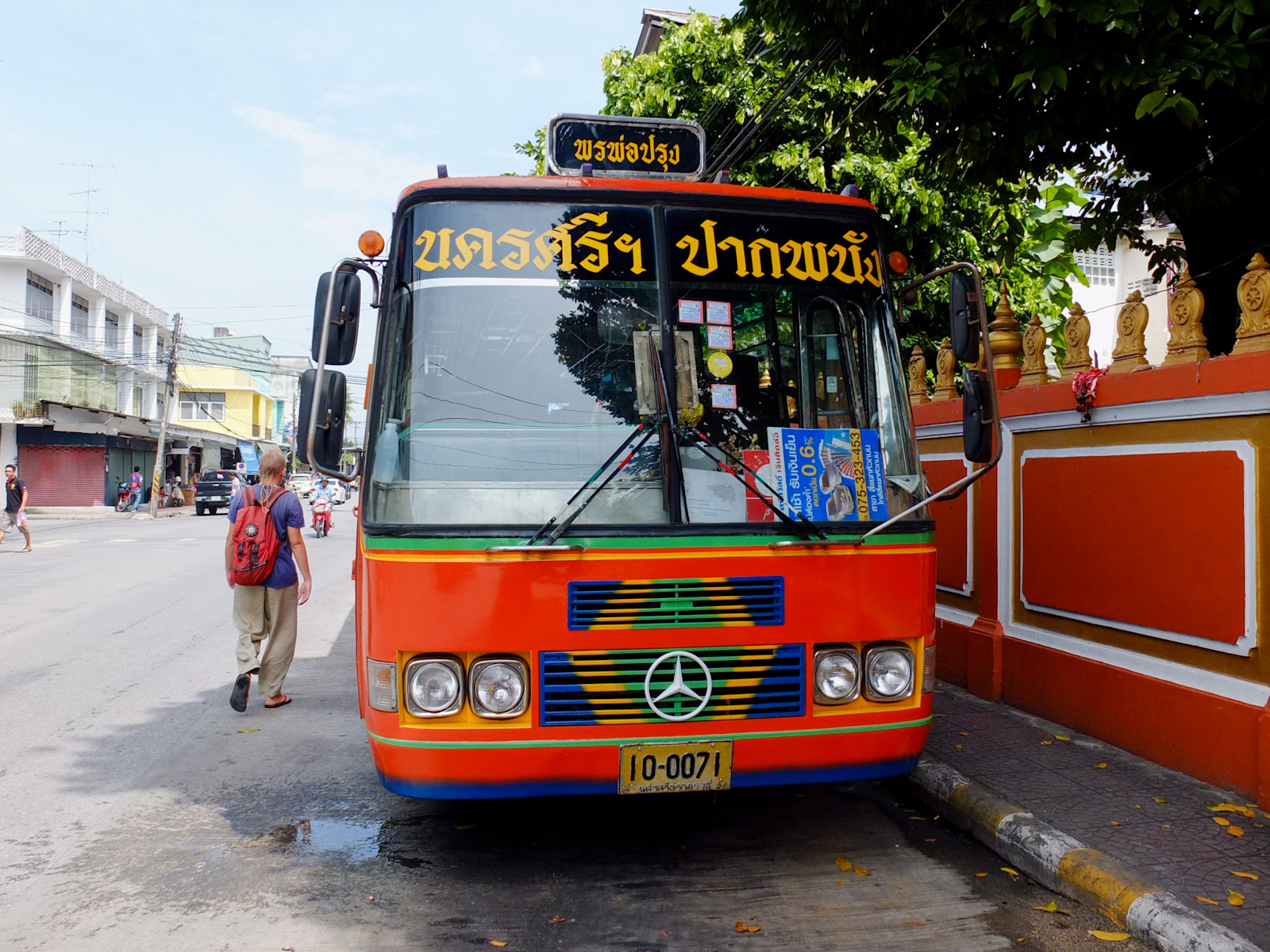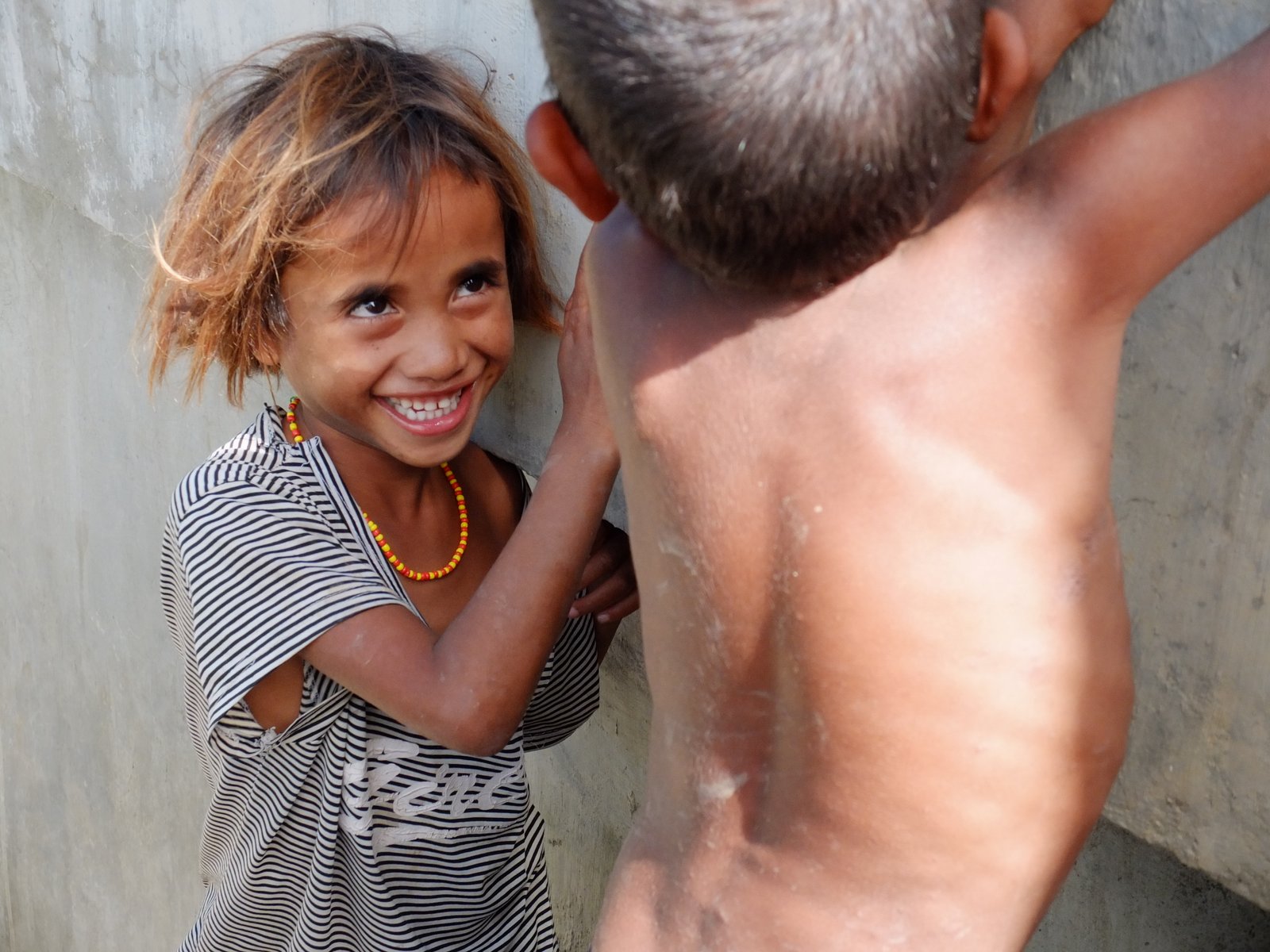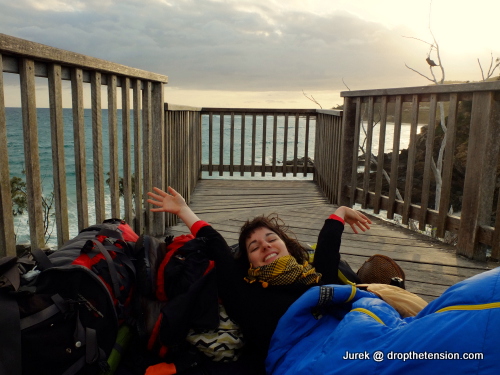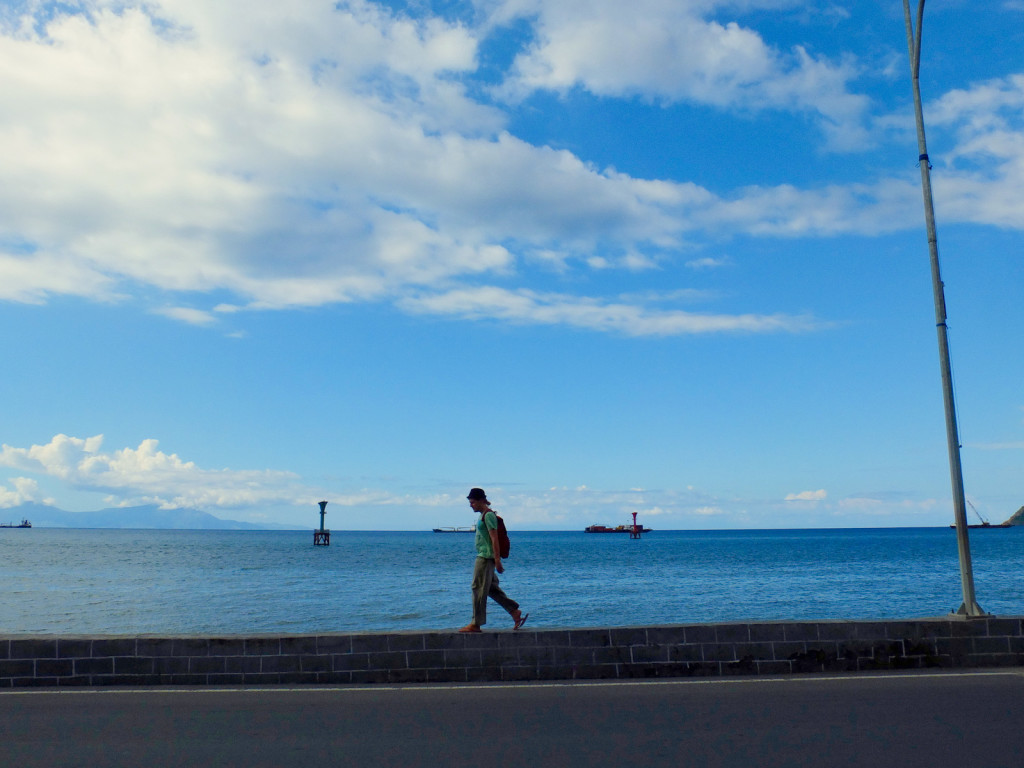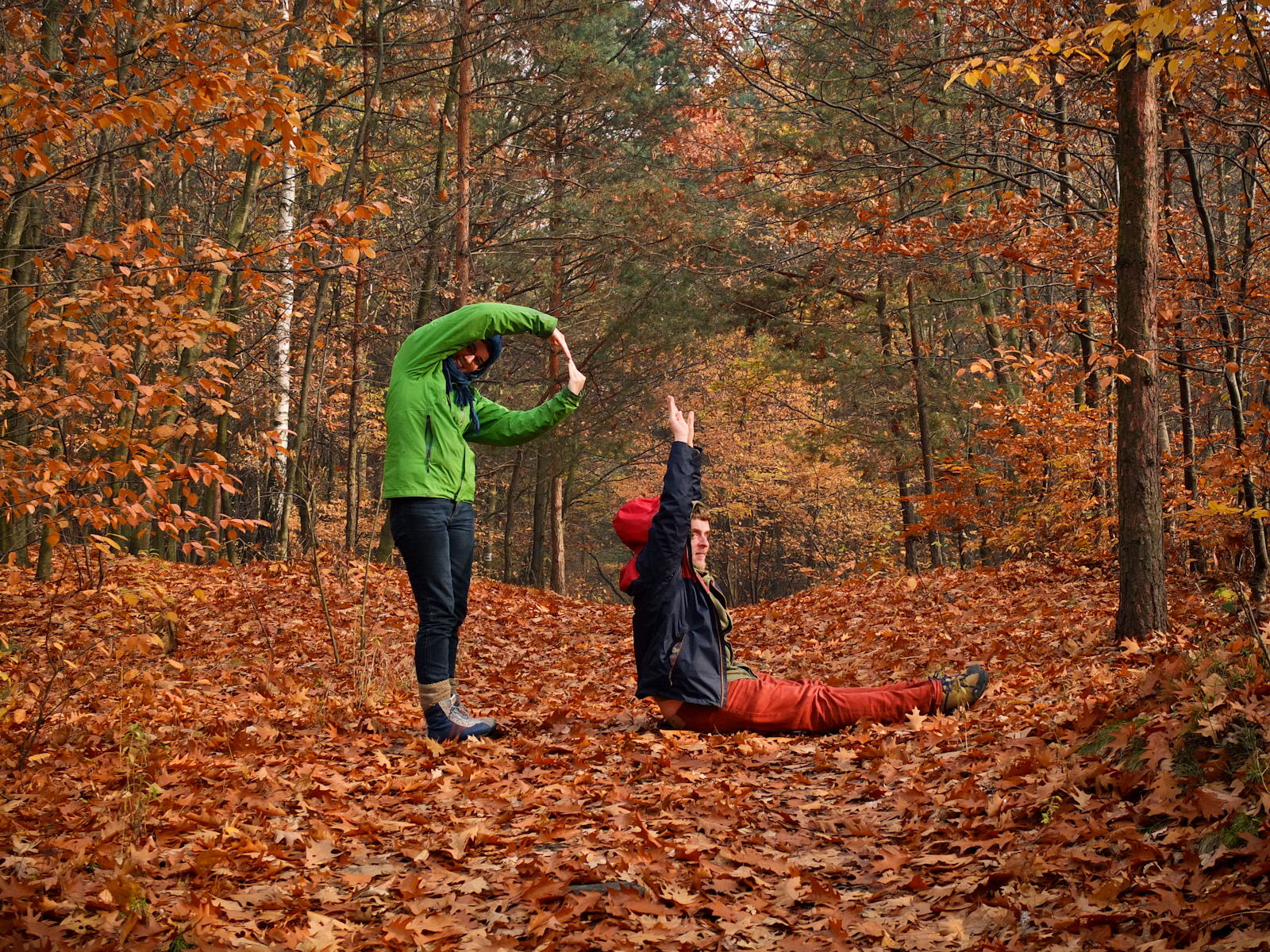
Tag: south-east Asia
4 STEPS TO A CONSCIOUS TRAVEL
This article was first published on tourism_LOG blog where it was one of the winning pieces of the “Fair travelling and experiencing the world” competition. It’s a shortened version of 5 WAYS TO BE A CONSCIOUS TRAVELLER post with text cut down to minimum for a quick read.
Travelling to far away countries has become a possibility for more people than ever before. This is really exciting as travel is the best education we can get, helping us to become an informed global citizen. But no one ever really teaches us how we should travel…
We fly, sail, Interrail, cycle or hitch-hike around the world, staying in hostels, resorts, home-stays, couch-surfing… But how to get most of our trips while making sure we respect people and places we visit? How to be a CONSCIOUS TRAVELLER?
With our Drop The Tension project we have travelled from Australia to Europe without flights, looking for answers to this question. Here’s some of what we learned… Continue Reading →
5 WAYS TO BE A CONSCIOUS TRAVELLER
Cheap airfares are making overseas travel a possibility for more people than ever before. This is really exciting, as travel is the best education we can give ourselves to become informed global citizens. But on the other hand, no one ever really teaches us how we should travel….
We brushed up against many different forms of tourism on our overland journey half-way round the world, and it seems to us there is plenty of room for more conversations around conscious travel. In fact, if it was up to us it would be a compulsory school subject ;). Travelling “right” is really a double-sided coin that comes down to:
- Ensuring proper respect to the people of the places we visit
- Ensuring travellers get the most out of their trips abroad.
This article is Drop The Tension‘s first in our series of useful information to help backpacker-local interactions be positive experiences for both sides. Take this as a guide for anyone heading overseas. But it might be especially useful for a young person heading off backpacking for the first time (Know someone? Share this their way!), especially if you’re travelling solo (we think you’re awesome :))
We’re not into rules and remind you that this is just a guide of things to keep in mind. Common sense is the first thing you should pack for the trip and it’ll help you determine what is appropriate for your given situation. Any questions or comments, please contact us below – we’d love to start a discussion around this topic!
So, WHAT IS CONSCIOUS TRAVEL?
Conscious travel is about being aware of the impact your being there has on a place. A conscious traveller should strive to keep their travel low-impact. In this, I mean that we don’t want the places we visit to change dramatically through our visit. It’s that old rule ‘leave things as you found them… or a little bit better.’
Your impact includes everything from:
- The cultural impact: in some destinations, you’ll find yourself getting a lot of attention as a foreigner. The world round, people are listening to western music and watching Hollywood films. Seeing you can sometimes be the movies ‘coming to life’. People will be watching how you behave and might even copy what you do. While in the ‘spotlight’, don’t behave in a way you wouldn’t want to be copied… Don’t make yourself (or your country) famous for something you wouldn’t want it to be famous for!
- Your environmental impact: many places in the world lack environmental education. If locals are paying attention to your behaviour, disposing of rubbish (which, by the way, was introduced to the rest of the world by ‘The West’, without even a hint as to what to do with it!) correctly or refilling plastic water bottles where possible can start showing people other ways of doing things that care for the surroundings.
- The impact of where and how you spend your money.

